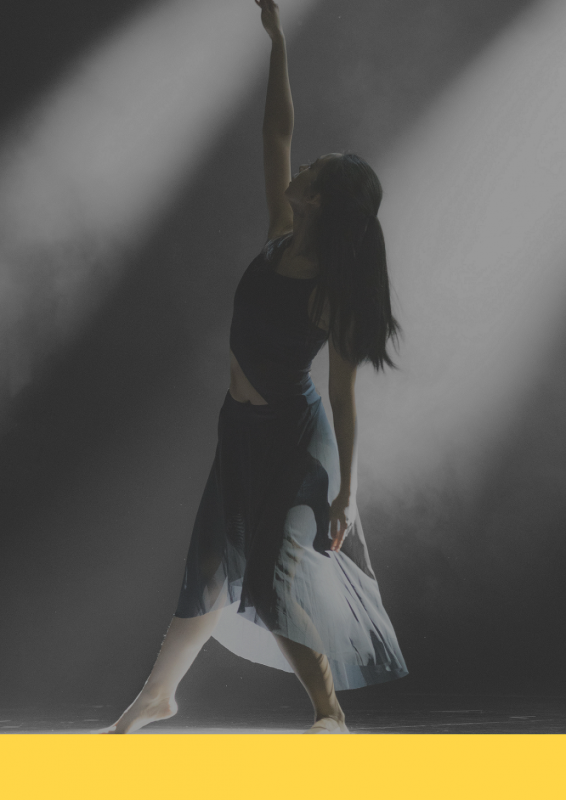
In Spanish America, community theater has been one of the main generators of political and social change. According to Bertolt Brecht, one of its great influencers, dialectical theatre is a laboratory of truths where spectators become part of the theatrical fiction. In this process, discourses of oppression are made evident. By questioning fiction, we also question all social scaffolding. As a result, spectators can identify possible solutions to conflicts that affect us daily. The social and political implications of this coming to consciousness through theater is what inspires me to offer this course. We will work in class with the Theater of the Oppressed by Augusto Boal, and some techniques of Theatresports.
In class, students will analyze oral Spanish in a social and aesthetic context. In other words, they will have the experience of Spanish diction in role-playing of social conflicts. Students will also improve their speech, elocution and pace in Spanish. Given that the class incorporates acting, political sciences, and community service, students will engage drama from a multidisciplinary perspective.
